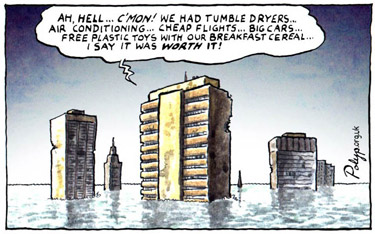In their submission to the Finkel Independent Review into the Future Security of the National Electricity Market, the Climate Council made it clear that a rapid transition to net zero emissions is the priority:
To protect Australians from worsening climate impacts (eg more destructive storms, intense heatwaves and worsening bushfire conditions) and in line with our Paris Agreement commitments and carbon budget constraints, Australia needs pathways to transition as rapidly as possible away from coal, oil and gas to reach net zero emissions by 2050.
But the Finkel review has little to say about our Paris Agreement commitments. Instead it focuses on ensuring a reliable electricity grid and reducing the price of electricity.


